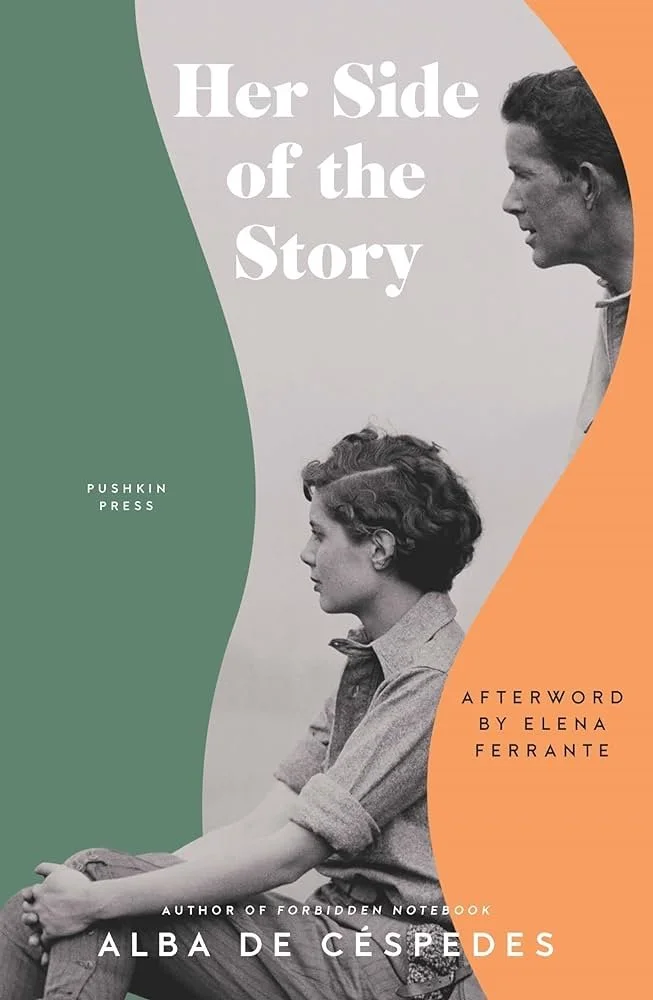Like many people, I was hugely impressed by Sarah Moss’ previous novel “The Tidal Zone” for the way its story meaningfully drew the past into the pressing concerns of its characters in the present. She uses a similar technique in her new novel “Ghost Wall” but in a much more compressed form that combines a tense story with a strong statement about issues in modern Britain. Teenage Silvie is taken on a unique archaeological trip in Northern England by her parents along with a few students and a professor. Rather than searching for artefacts they seek to recreate the feeling of living in Iron Age Britain as closely as possible. This means wearing nothing but burlap sacks, foraging for what food they can in the forest and living in primitive shelters. It also includes antiquated rituals like building a wall out of skulls and other unsavoury acts which grow increasingly alarming and bizarre. The values that Silvie’s father holds are skewed towards an outdated ideal of masculinity and gender dynamics which Silvie gradually comes to question. For such a short novel, this book builds up to a thrilling and memorable conclusion.
Since the vote for Brexit there’s been a lot of discussion about what Britain means as a country and a concept. Silvie’s father is an extreme example of someone searching for an ideal form of citizenship which retains a cultural purity without any outside or foreign influences. He’s angry about “Foreigners coming over here, telling us what to think” and longs to return to some pre-Roman Celtic tribe: “He wanted his own ancestry, wanted a lineage, a claim on something. Not people from Ireland or Rome or Germania or Syria but some tribe sprung from English soil like mushrooms in the night.” Of course, such reactionary desire to inhabit some mythically primitive form of being British is exactly what stirs fear, xenophobia and isolationist thinking. Sarah Moss dramatically and poignantly shows how such inclinations are both spurious and absurd.
At the centre of the story is Silvie who was named after an ancient British goddess Sulevia. She develops a friendship (and attraction?) to student Molly who is from Southern England. She is headstrong, dismissive of the group’s blatant machoism and hilariously bunks off from gathering edible weeds and berries to buy prepacked food from the local convenient store. Molly has grown up with very different values from Silvie who feels that it’s natural that “Children’s bodies were not their own, we were all used to uncles who liked to cop a feel given half a chance and mums who showed love in smacked legs.” But Silvie also refuses to be seen as a rural working class stereotype and is wary of patronizing views about their lifestyle. It’s a tense dynamic and it raises a lot of challenging questions for the reader about the difference between cultural sensitivity and doing what’s ethically right. These questions are just as haunting as the image of Bog People performing a sacrifice in the Iron Age which prefaces this short, razor-sharp novel.









